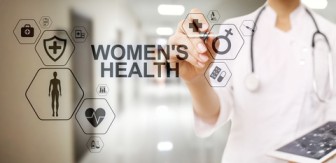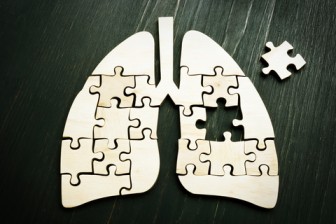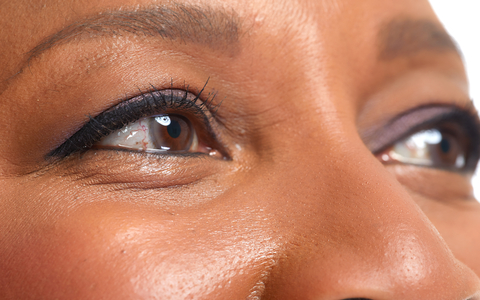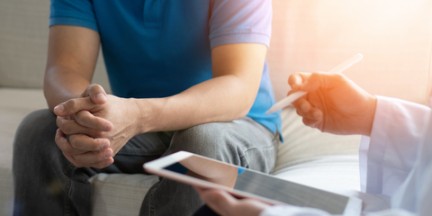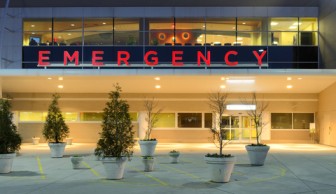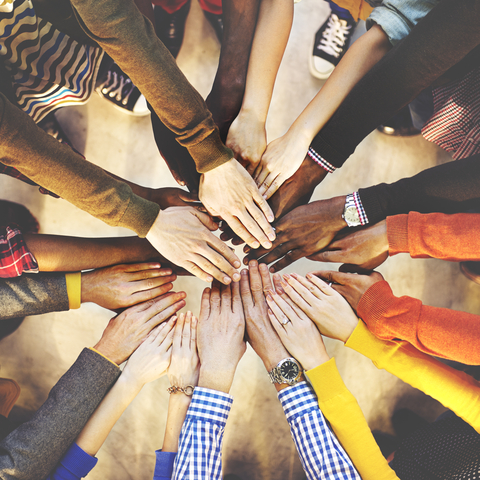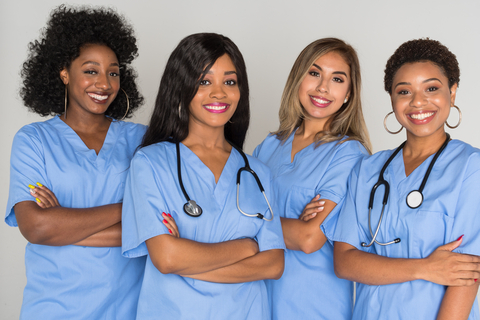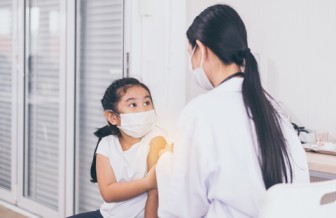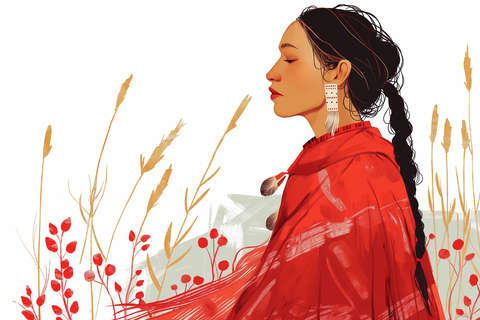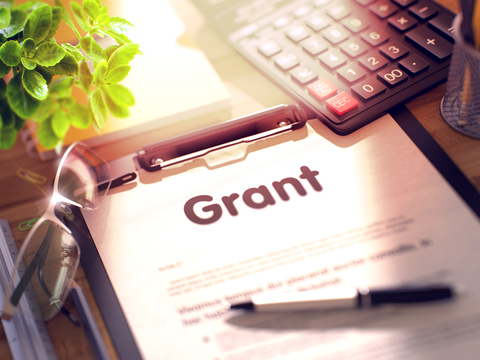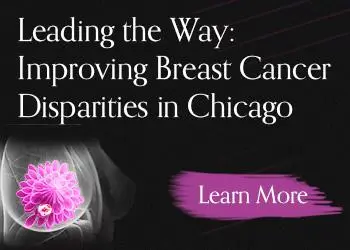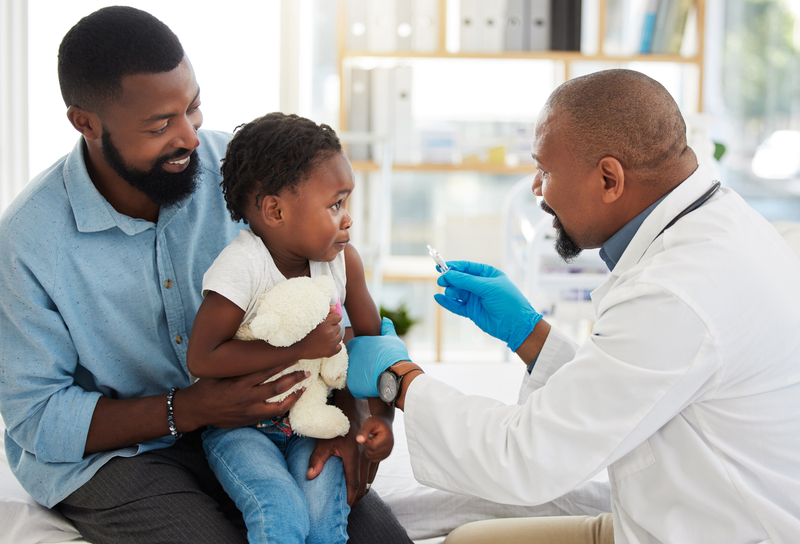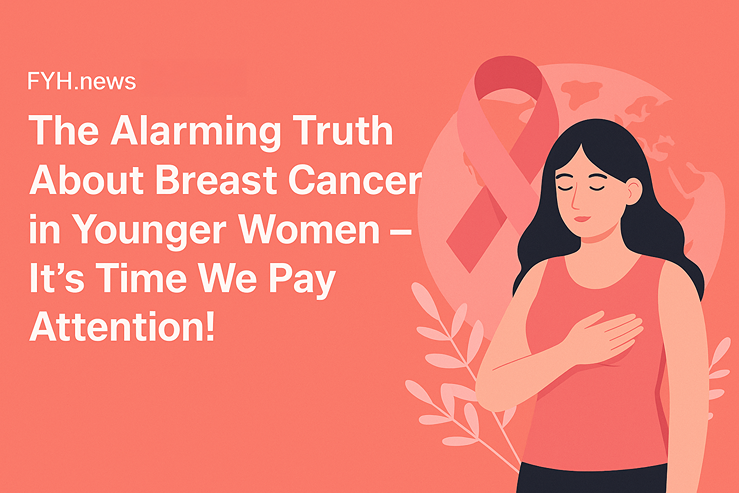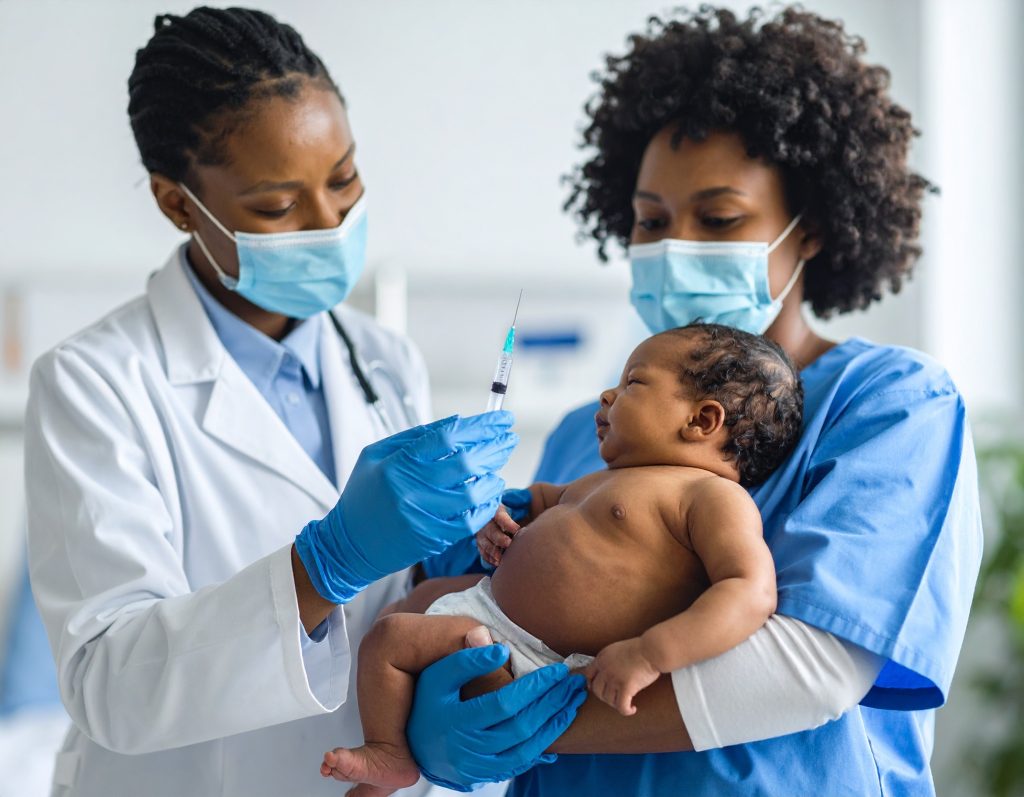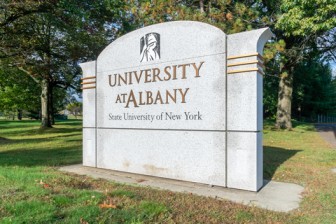
- By FYH News Team
ALBANY, N.Y. (Aug. 26, 2025) — This fall, three UAlbany students will advance their training towards becoming mental health professionals with support from the State University of New York (SUNY)/Office of Mental Health (OMH) Scholarship Pipeline Program. Established by Governor Kathy Hochul in 2022, the program aims to expand access to quality mental health care, especially among underserved populations, by strengthening the pool of mental health professionals providing patient care throughout New York State.
Each SUNY/OMH scholarship includes up to three years of tuition, paid internship opportunities, professional and career development workshops, and mentoring services. UAlbany recipients among the program’s fourth cohort include doctoral students Joyce Li and Antonio Regulier, and master’s Student Emily Zanat.
“Helping students from all backgrounds join the ranks of mental health professionals will mean more New Yorkers are able to access these vital services going forward,” said SUNY Chancellor John B. King Jr. “Mental health is important to all communities, and the SUNY/OMH Scholarship Program empowers more students to enter and thrive in this essential field.”
We caught up with UAlbany’s SUNY/OMH Mental Health Scholarship recipients to learn about their motivations for pursuing a career in mental health and hopes for their futures in this field.
Joyce Li
Third-year doctoral student Joyce Li is currently working towards her PhD in counseling psychology at UAlbany’s School of Education. Li is from Frederick, Md., and holds a BS in psychology. Doctoral student Joyce Li, School of Education. (Image provided)
How did you come to be interested in the mental health field?
I love the creativity and meaningful discovery that come with psychology. A mixture of observations from my personal life and experiences during my undergraduate degree — such as assisting with research on intergroup race relations, volunteering at a peer counseling and crisis intervention hotline, and interning at a domestic violence resource center — led me to confirm that counseling psychology is a field that I am passionate about contributing to. I appreciate that psychologists are trained with the tools to help people in a variety of ways; these include research, counseling, assessment, education and advocacy. I find it very fulfilling to connect with people one-on-one, exploring their unique stories, working to understand why they are the way they are, and collaborating to create and achieve goals.
Many of the issues that people struggle with are a result of harmful past experiences, passed down by families and by society. I am inspired to help people resist these cycles and find more peace within their lives by better understanding and acting in their stories when possible.
What are your hopes for your future in counseling psychology?
I think it’s wonderful that mental health care and therapy are becoming more normalized and mainstream, but there is still so much research and outreach necessary to destigmatize help-seeking and to reduce barriers for vulnerable populations; I want to be part of that work. I hold specific interests in research on Asian American mental health, and help-seeking and counseling for trauma and career-related concerns.
I am also interested in starting my own therapy practice as a psychologist and finding ways to conduct research in partnership with communities.
Antonio Regulier
Antonio Regulier hails from Roosevelt, N.Y. and holds a master’s in social work. Regulier has extensive experience working in addiction services, including recent positions as an addictions counselor and forensics mental health counselor. Regulier is joining UAlbany’s School of Social Welfare this fall to pursue his PhD in social work.
Why are you interested in pursuing a career in mental health?
Initially, my interest was focused on public administration and policy. I knew I wanted to help people, but on the macro level. That changed with the COVID-19 pandemic. I recognized the need for mental health services and counselors/therapists who are culturally competent to assist individuals with persistent mental illness. I also want to restore people’s trust in public welfare and engage individuals experiencing hopelessness during these unprecedented times.
Entering the field of addiction services solidified my commitment to becoming a mental health professional. Working in outpatient and inpatient treatment facilities, I felt empowered to make a difference and take my education to the next level: doctorate! I am a clinician-researcher who seeks to dismantle the systems that intentionally harm vulnerable communities, particularly in challenged areas impacted by poor mental health outcomes.
What do you envision for your future career?
I would like to build a private practice as a clinician, serving individuals with persistent mental illness, co-occurring substance use disorder and who have legal circumstances. I want to help individuals improve their mental health and become high-functioning members of society. Additionally, I would like to remain politically active and help influence broad, systems-level change. I want to assist in developing legislation and policies that articulate the burdens of challenged communities and reverse their mental health outcomes.
Emily Zanat
Emily Zanat holds a master’s in public health and is currently working towards her Master of Social Work at UAlbany’s School of Social Welfare. She is especially interested in addressing service disparities across all facets of social work practice, with a particular focus on removing linguistic barriers. Zanat is from Washingtonville, N.Y. Master’s student Emily Zanat, School of Social Welfare. (Image provided)
What sparked your interest in expanding bilingual social work services?
I worked for four years as a case manager in a health clinic that largely served Latino immigrants, most of whom did not speak English. In this position, I was able to work with a number of individuals affected by anxiety, depression, trauma from their journey to the United States, trauma from the xenophobia they experienced upon arrival, and many other mental health disorders. It is quite difficult to find culturally and linguistically appropriate mental healthcare, and this particular clinic was extremely fortunate to have a bilingual and bicultural mental health department in-house.
As I was not a licensed mental health professional, I would refer my patients to the mental health team when their needs extended beyond my skillset. Over time, I recognized a desire to play a larger role in their mental health journey; rather than a referral to our mental health team, I wanted to be the mental health professional assisting them on their path to improved mental health. This experience in my professional life, accompanied by earlier mental health struggles of my own, fueled my desire to work as a bilingual clinical social worker.
What would you like to do in your future career?
After obtaining my Master of Social Work, my aim is to reduce health disparities and provide equitable health education and mental health access to those who are underserved, under-insured or uninsured. As a bilingual mental health professional in-training, my motivation for entering the mental health field is to be a resource to Latinos, offering bilingual and culturally appropriate behavioral health services. My goal is to add myself to the small, but ever so important, number of bilingual clinical social workers in the United States. I hope to effect change in the Latino community and continue the social justice work of providing equitable care to all, regardless of language, immigration status or nationality.
Also Read: Your Child’s Doctor May Now Recommend Covid Shots – Here’s Why
Trending Topics
Features
- Drive Toolkit
Download and distribute powerful vaccination QI resources for your community.
- Health Champions
Sign up now to support health equity and sustainable health outcomes in your community.
- Cancer Early Detection
MCED tests use a simple blood draw to screen for many kinds of cancer at once.
- PR
FYHN is a bridge connecting health information providers to BIPOC communities in a trusted environment.
- Medicare
Discover an honest look at our Medicare system.
- Alliance for Representative Clinical Trials
ARC was launched to create a network of community clinicians to diversify and bring clinical trials to communities of color and other communities that have been underrepresented.
- Reducing Patient Risk
The single most important purpose of our healthcare system is to reduce patient risk for an acute event.
bioworld

